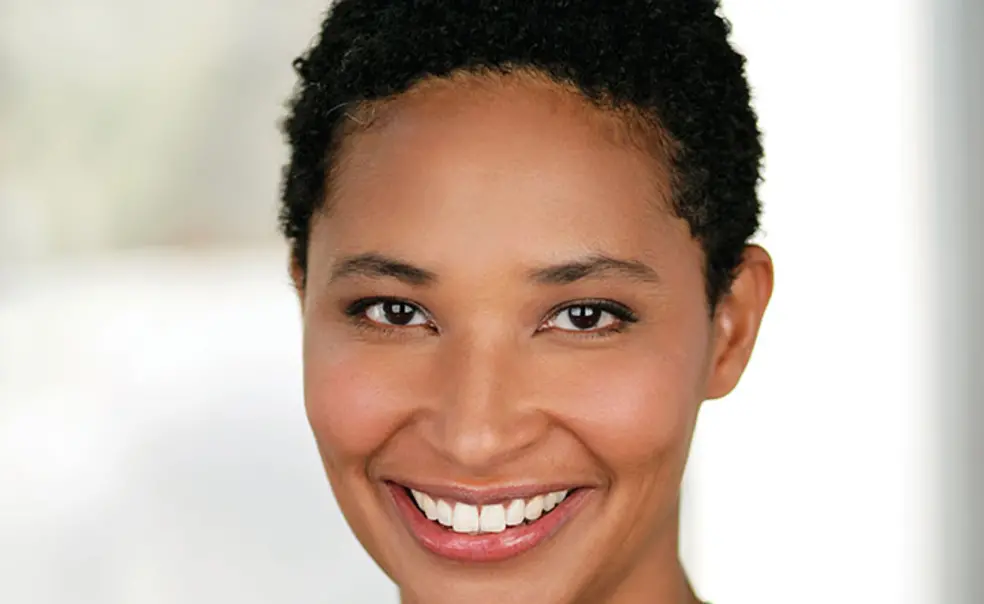A Declaration for Today
Founding document ‘sets a high standard or what politicians should be able to do’
This year’s Pre-read for the incoming freshmen was Our Declaration: A Reading of the Declaration of Independence in Defense of Equality by political theorist Danielle Allen ’93. PAW spoke with Allen following her talk at the freshman assembly Sept. 11.
You asked the freshmen to think about why the declaration describes the “pursuit” of happiness, as opposed to the achievement or acquisition of it. Why do you think the authors chose that word?
Life is a struggle, and in order to do as well as possible in that struggle, you have to develop the capacity to diagnose your circumstances, prescribe a course of action, understand the justifications for it, and share those justifications with others. To do those things is to pursue happiness — there’s no guarantee of an achievement and there’s contingency in life — you don’t know what sort of opposition you’ll encounter.
What do you think about historical legacies? How should we view someone like Thomas Jefferson, an author of the declaration who owned slaves?
We should criticize him for his failure to work his principles all the way through the fabric of his life ... at the same time as we celebrate him for his achievements. But I think we get hung up on Jefferson; I regret that we don’t spend more time thinking about people like John Adams and the kind of moral example that he set. He’s just as important to the declaration, and he never owned slaves.
How does the declaration relate to the current presidential campaign?
The declaration can help every voting citizen set a standard against which to judge the candidates. It sets a high standard for what politicians should be able to do — [they] should have clarity of thought, they should show commitment to the well-being of the people, and they should be prepared to test their reasons and their principles against the arguments of others.
Interview conducted and condensed by A.W.












2 Responses
Brad Bradford ’44
9 Years AgoProtecting Workers
Published online November 30, 2016
With apologies to Professor Danielle Allen ’93 (On the Campus, Oct. 5), I humbly suggest that our Constitution’s lack of any mention of “worker rights” wreaked far more havoc than did her meaningful “missing period.”
Multiple mentions of “property rights” — and none protecting workers — left our courts without constitutional grounds to counter employers’ requests to grant injunctions that blocked strikes that deprived their companies of the profits from their properties. Courts routinely found no reason to send government troops and strikebreakers to protect employees’ property rights.
Bruce Deitrick Price ’63
9 Years AgoRespecting the Declaration
The Declaration without a capital D (“A Declaration for Today,” On the Campus, Oct. 5) strikes me as rude and immature. Is this how the Left signals us that we need not revere that old thing? I have to suspect that PAW wants to wean me away from any special regard I may still have for the founding documents.
And this in the same issue where we learned that the University makes the incoming freshmen join the Cultural Revolution for five days. Apparently the admissions office was not able to make them uniform enough, so they must be sent off for further finishing. I wish Princeton would slow down on the social engineering. I feel that the University of Chicago, in its recent declaration of independence from political correctness, staked out a stratum superior to Princeton. I hate thinking this.